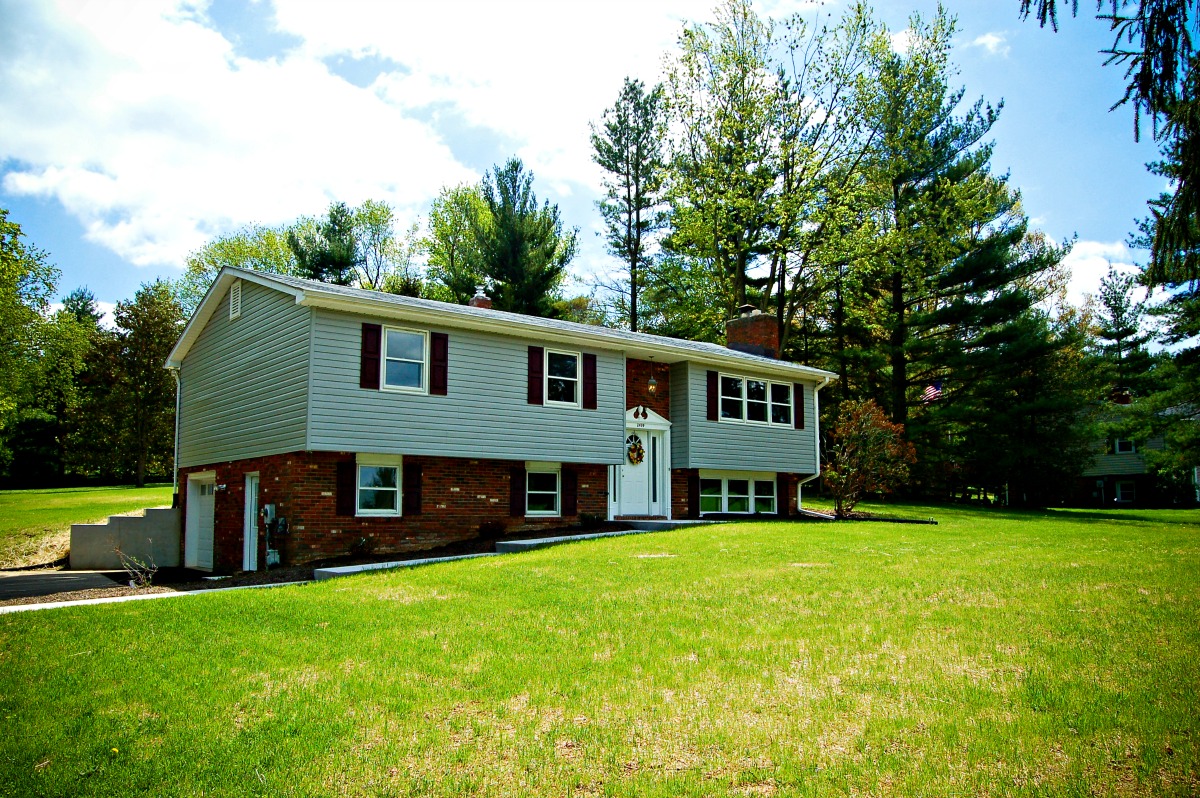True or False: “Renting is throwing your money away.” You’ve heard it dozens of times, and now it’s time to analyze the truth of this statement. (Scroll down for the answer.)

False.
There is nothing wrong with owning your own home. I will do so eventually. But only at the right time, for the right price, and with the right information.
When buying a home is done well, it is wise. When done poorly, home ownership is sad. It leaves the homeowners house poor, meaning they have very little cashflow for other responsibilities.
It bums me out to see people get the big house of their dreams only for it to become a a ball and chain, holding them back from more important goals. (This is also why I can’t be happy for people who buy a brand new car they can’t afford.)
I’ll even go as far as to say this: If you aren’t sure you are ready to buy a house, you should rent (cheaply) by default.
If you rent for a season, you can learn the area, save up for a big down payment, and fully understand the cost of home ownership.
Not sold? Keep reading.
Look at the statement again: “Renting is throwing your money.”
This broad, subjective statement relies on key assumptions:
- Rent costs much more than the monthly house payment
- You can make a big down payment
- You get a low interest rate on the mortgage
- You will stay in the same spot for 7 to 10 years (This is the point where buying becomes cheaper than renting, if all other variables are equal.)
- You can afford the payment every month for the next 15 or 30 years
Those are bold assumptions! Yet people make fun of renting constantly. And plenty of those very people end up in foreclosure. Ouch.
To be fair, there are times when renting really is throwing you money away:
- Rent is very expensive for your area
- Renting in the same location for decades without any sizable retirement, investments, or savings to show for it
Now let’s discuss the hidden costs of home ownership:
- PITI: house payments, which are made of Principal, Interest, Taxes, and Insurance
- Landscaping: yard work
- Maintenance: prevention, or fixing whatever breaks
- Big expenses: water heater, A/C, septic tank, and a new roof every X years
- Your long-term investment asset is tied up in an illiquid liability (as discussed in the book Rich Dad, Poor Dad)
- Unable to move without months to prepare and sell the home (which assumes you are not underwater and it does actually sell)
You won’t get the full story when you talk to your friends who own homes. Or real estate agents. Or banks. You have to dig to find out what expenses await the new homeowner.
When you rent, find something small and cheap. This way you can put aside money for getting out of debt, retirement, your baby on the way, a business idea, or your future home.
If you got nothing else out of this, at least remember one thing.
“Renting is throwing your money away” is a myth in many circumstances. This saying leads people astray and encourages them to make a big, expensive, uninformed decision.
You’re still welcome to enjoy your nice home — by all means! However, let’s quit saying this and let people enjoy renting.
Have you ever made a decision due to peer pressure? Were your friends right? Did it turn out well?
